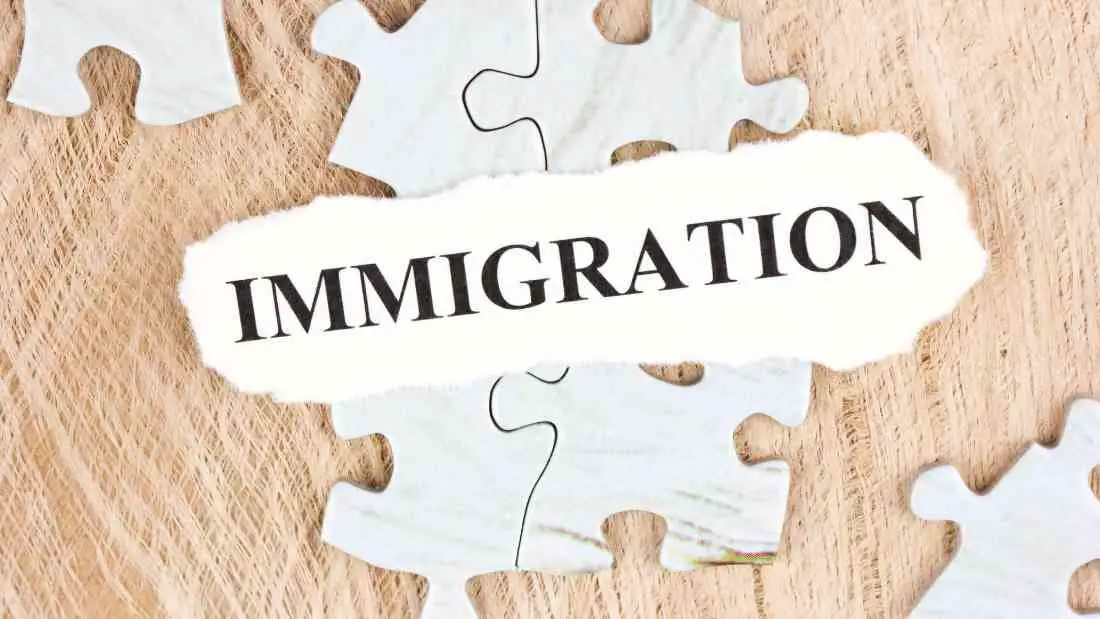The categorisation of people crossing borders as ‘forced’ or ‘voluntary’ has serious ramifications for the people who are pigeon-holed into one category as opposed to another.
For the purposes of this essay I will be defining ’forced’ migrations as consisting of refugees escaping violence and war, and ‘voluntary refugees’ as economic migrants moving to find better living conditions for themselves in another country.
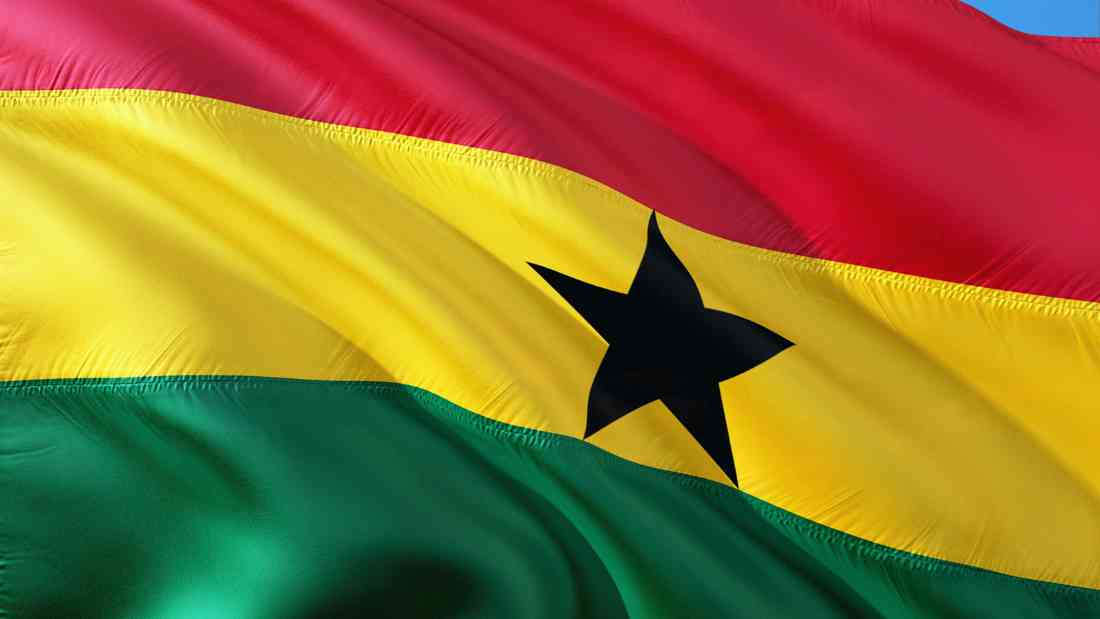
At the core of the differentiation between these two different ‘types’ of migrants is the premise that the former have no choice other than to escape their country of origin to survive, whereas the latter are only doing so to improve their financial situation.
The truth, however, is that in many cases ‘voluntary’ migrants are also in desperate straits and do not have any other options available to them, which means that the moniker ‘voluntary’ is a gross misrepresentation of the situation.
To illustrate my argument I will refer to an ethnography of the Guan, who live in a small fishing village in Ghana (Lucht).
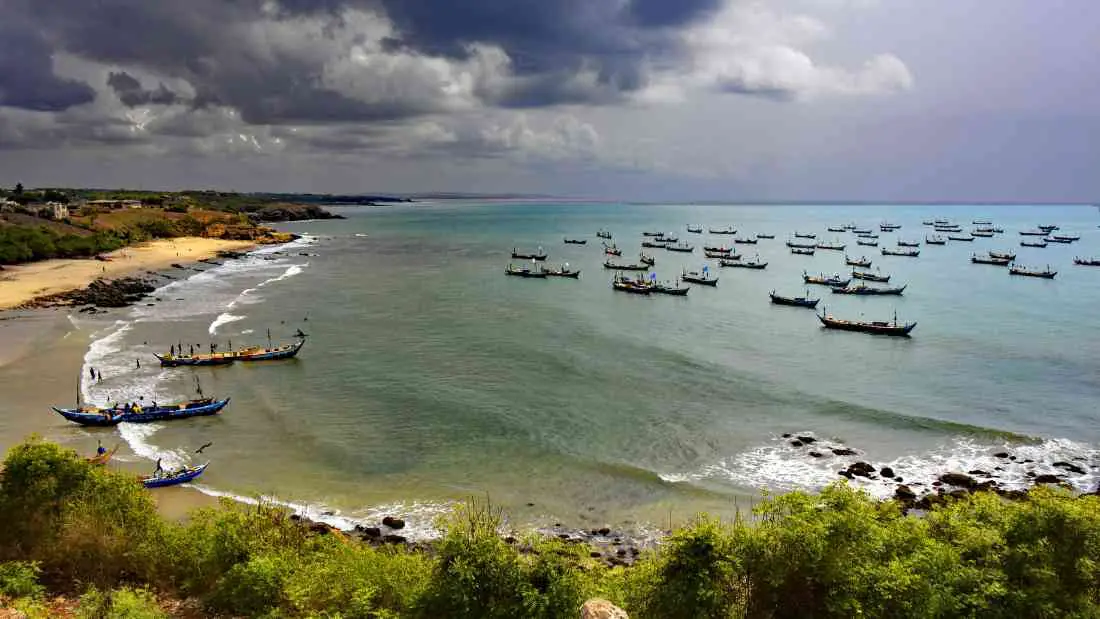
In the years when Lucht was conducting his study, the Guan were caught in a desperate fight for survival, and their living conditions were progressively getting worse.
The community survived on fish, but forces outside of their control, such as fishing agreements signed with the European Union, as well as European trawlers operating illegally in Ghanian waters, had resulted in the decimation of local fish stock.
Fishermen were no longer catching sufficient fish to guarantee their families’ survival.
The situation became so precarious that many families had to “sell” their children to work in other villages, in circumstances resembling bonded labour, with the children working under very bad or outright dangerous conditions.
In fact, Lucht tells us that several children lost their lives due to accidents as they worked. Furthermore, these children had no access to education or other means to improve their circumstances and escape destitution.
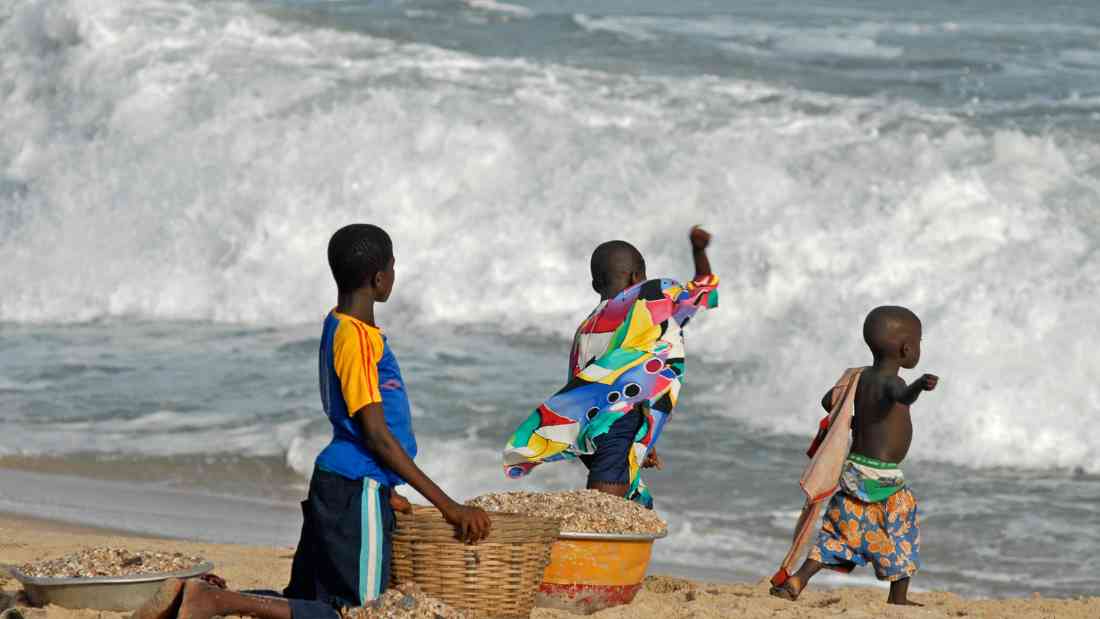
The resulting collapse of the economy led to the disruption of health and education services available to the Guan.
Under these circumstances, migration became the only means of survival.
Most of the young men in the village thus “chose” to make the dangerous voyage across the desert and then the even more dangerous voyage across the Mediterranean Sea, in the hope of reaching Europe, getting a job, and earning enough money to send back home and improve the living conditions of the entire family.
However, when those who survive the journey arrive in Europe, they are classified as “voluntary” or “economic” migrants, which implies that they had a choice.
However, in truth what choice did they have?
What choice does a father have when he can no longer feed his family, when his children do not have a school to attend, and where the only way to survive is to sell his child?
Hence I put it that in this case these migrants are not “voluntary” at all, but rather “forced,” even though this is not the label that gets attached to them once they make it to Europe.
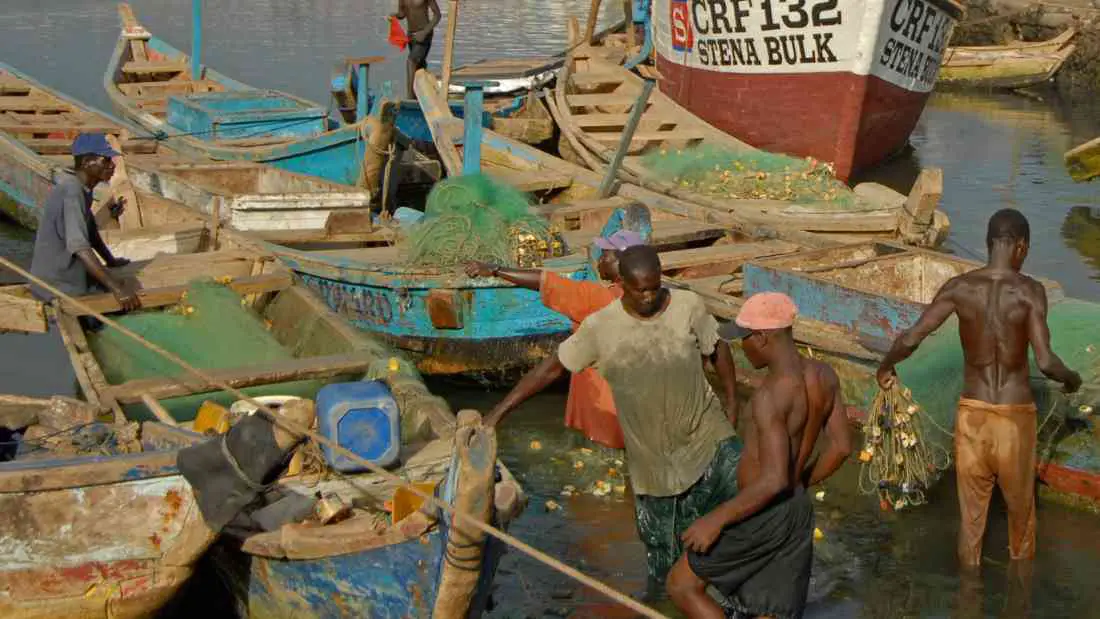
I will now turn to the way that classifications change as a migrant crosses multiple borders, referring to an ethnography of Afghan migrants fleeing war and persecution (Schuster).
Notwithstanding the fact that these people are refugees, as per the definitions issued by organisations such as the United Nations, they soon discover that their label changes as they make their way through Europe.
Many of them first cross into Greece, where they are entitled to apply for asylum.
At this point they are “forced” migrants, having escaped war, and as such are entitled to apply for asylum as per international law.
However, circumstances in Greece are not good – Greece has one of the lowest rates of granting asylum in Europe, and furthermore the Afghans tell many stories of persecution by the police, showing the ethnographer the scars to prove their claims of abuse.
At this point many of the Afghans opt to leave Greece and travel deeper into Europe, but the second they leave their first country of entry (Greece), they become “voluntary” migrants.

Suddenly the fact that they are escaping war no longer matters when it comes to categorising them, and when they are caught by the police or try to apply for asylum in a country such as France, the second their fingerprints are recognised by the system, they are slated for deportation back to Greece, where once again they become asylum seekers.
Thus we see that the same person can be shifted from one categorisation to another, even though their circumstances remain the same.
They are refugees escaping war, and thus are forced migrants in Greece, but they are then labelled as voluntary migrants in France, becoming undocumented ‘illegal’ immigrants with very little hope of bettering their future prospects.
These two ethnographies show how arbitrary the categorisation between voluntary and forced migration truly is, papering over the individual circumstances of migrants and changing their rights and the obligations of the receiving country in the process.
There is no logic in calling migrants escaping from economic destitution and starvation ‘voluntary’ migrants, and there is even less logic is calling a ‘forced’ migrant a potential refugee in one country, but a voluntary migrant in the next.
What we are seeing at play here is not a true assessment of the realities and experiences of the migrant, but rather a Foucauldian knowledge / power weaponization of classifications to manipulate and constrain the rights of a specific group of human beings.

